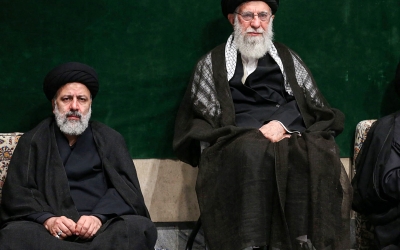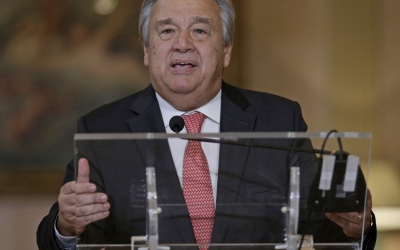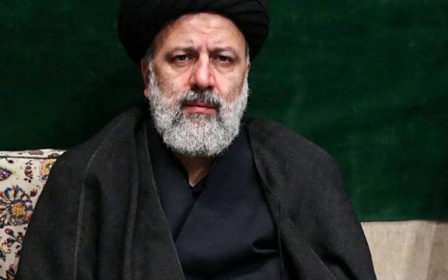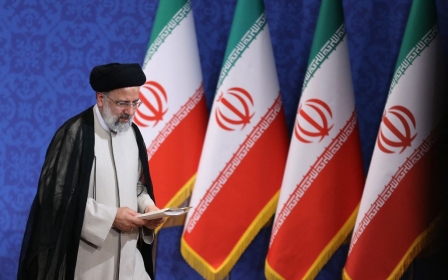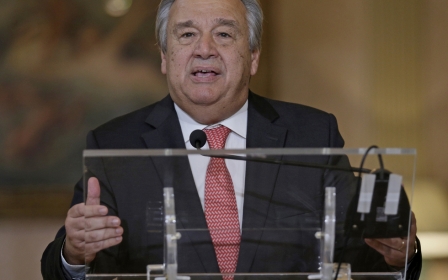Iran names hardline cleric as top judge amid calls for probe into 1980s executions
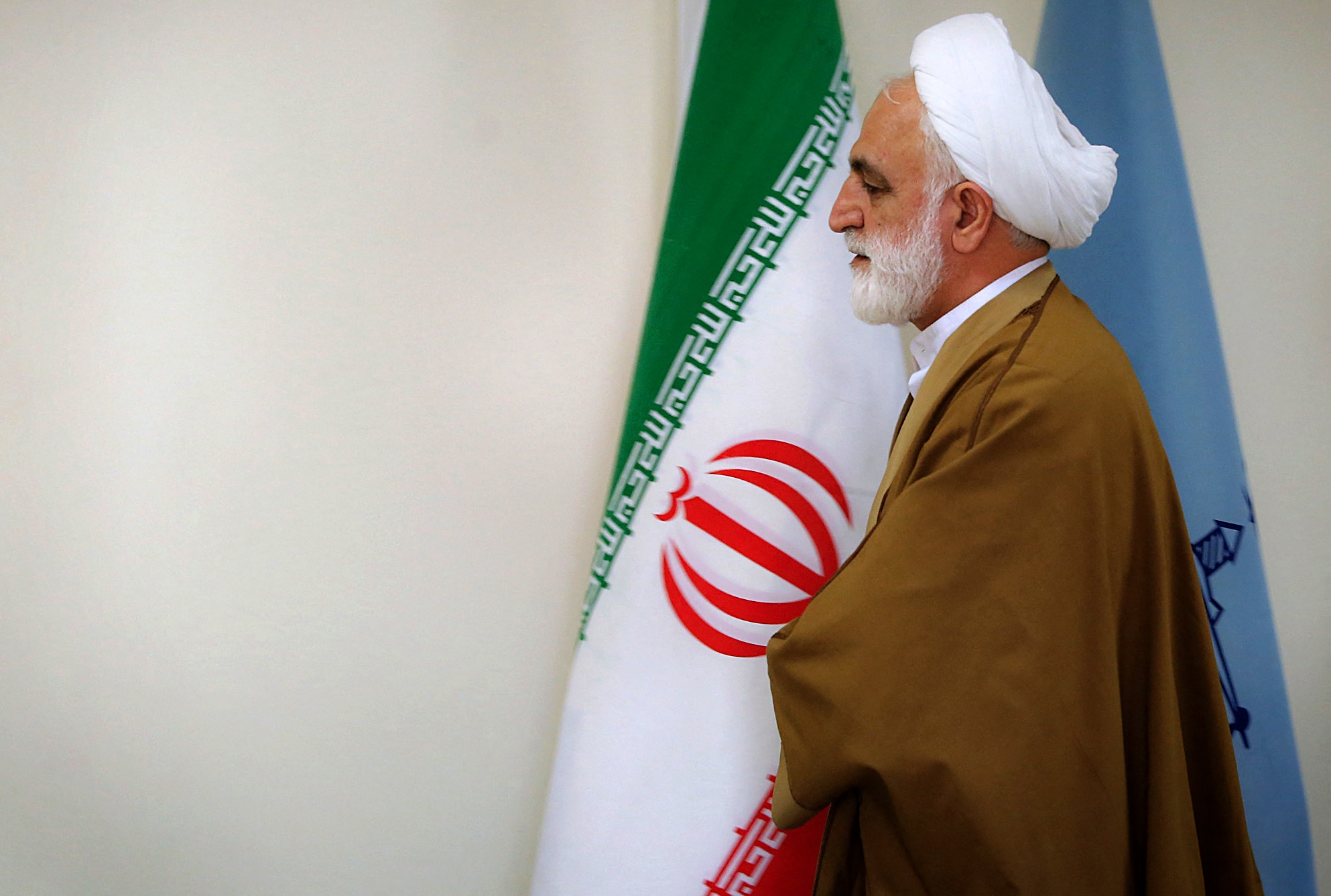
Iran’s supreme leader promoted a hardline cleric to serve as head of the judiciary on Thursday, amid international calls for investigations into allegations of abuses.
Gholamhossein Mohseni Ejei, currently the judiciary's deputy head, will replace Ebrahim Raisi, who takes office in August as president after winning a June 18 election.
Mohseni Ejei was put on US and EU sanctions blacklists a decade ago for his role in a crackdown on a popular uprising when he served as intelligence minister during a disputed election.
The choice of someone with such a high profile as a hardliner could draw further attention to allegations of past abuses by Iran at a time when the new US administration is trying to negotiate a thaw with Tehran.
This week, a UN expert called for a new investigation into Raisi's alleged role in the deaths of thousands of political prisoners when he served as a judge in the 1980s.
In 1988, a committee on which Raisi sat ordered the execution of between 2,000 and 4,000 Iranian political prisoners, including members of the People's Mujahedin Organisation of Iran (MEK), a group labelled as terrorists by Iran and Iraq, as well imprisoned members of Marxist and leftist groups.
Raisi denies any wrongdoing.
In a statement reported by state media, Supreme Leader Ayatollah Ali Khamenei called on Mohseni Ejei to "promote justice, restore public rights, ensure legitimate freedoms, and oversee the proper implementation of laws, prevent crime, and resolutely fight corruption".
Ahmadinejad disagreements
Born in 1956, Mohseni Ejei holds the rank of "hodjatalislam", one rung below ayatollah in the Shia clerical hierarchy.
He has been both Iran's top prosecutor, and deputy head of the judiciary since 2014.
Mohseni Ejei came to public prominence in 1998, when he was judge in the controversial corruption trial of reformist former Tehran mayor Gholamhossein Karbastchi, AFP reported.
He later became minister of security, in the first 2005-2009 government of hardline president Mahmoud Ahmadinejad, but was sacked over disagreements between them.
According to the judiciary's Mizan Online news site, Mohseni Ejei was born in the central province of Esfahan, where he studied religion, before completing his studies in the holy city of Qom.
He also holds a masters degree in international law.
'Systemic impunity'
Rights groups have criticised the election of Raisi in a vote in which prominent rivals were barred from standing.
The UN investigator on human rights in Iran, Javaid Rehman, told Reuters this week that there should be an independent inquiry into the executions of thousands of political prisoners in 1988, and the role played by Raisi as Tehran deputy prosecutor at the time.
"As I have described in my reports, there is a widespread and systemic impunity in the country for gross violations of human rights, both historically in the past as well as in the present," he said.
"There are very few if any real avenues for accountability in line with international standards within domestic channels."
Iran has repeatedly dismissed the criticism of its human rights record as baseless and a result of a lack of understanding of its Islamic laws.
It says its legal system is independent and not influenced by political interests.
Amnesty International and Human Rights Watch said last month that Raisi's election was a blow for human rights and called for him to be investigated over his role in the 1988 executions.
Mohseni Ejei will be the seventh head of the judiciary since the 1979 revolution, with a renewable five-year mandate.
Middle East Eye propose une couverture et une analyse indépendantes et incomparables du Moyen-Orient, de l’Afrique du Nord et d’autres régions du monde. Pour en savoir plus sur la reprise de ce contenu et les frais qui s’appliquent, veuillez remplir ce formulaire [en anglais]. Pour en savoir plus sur MEE, cliquez ici [en anglais].


